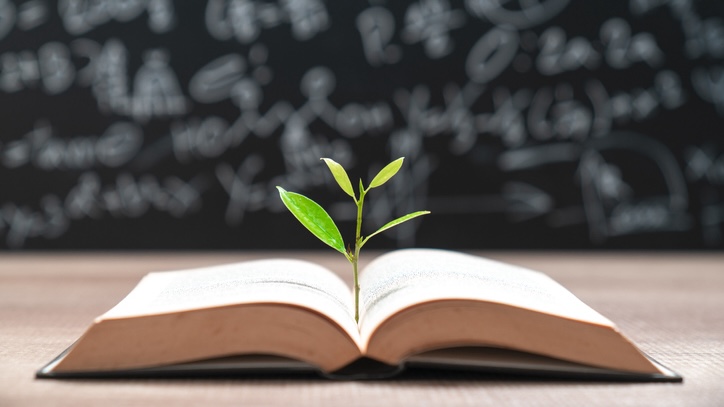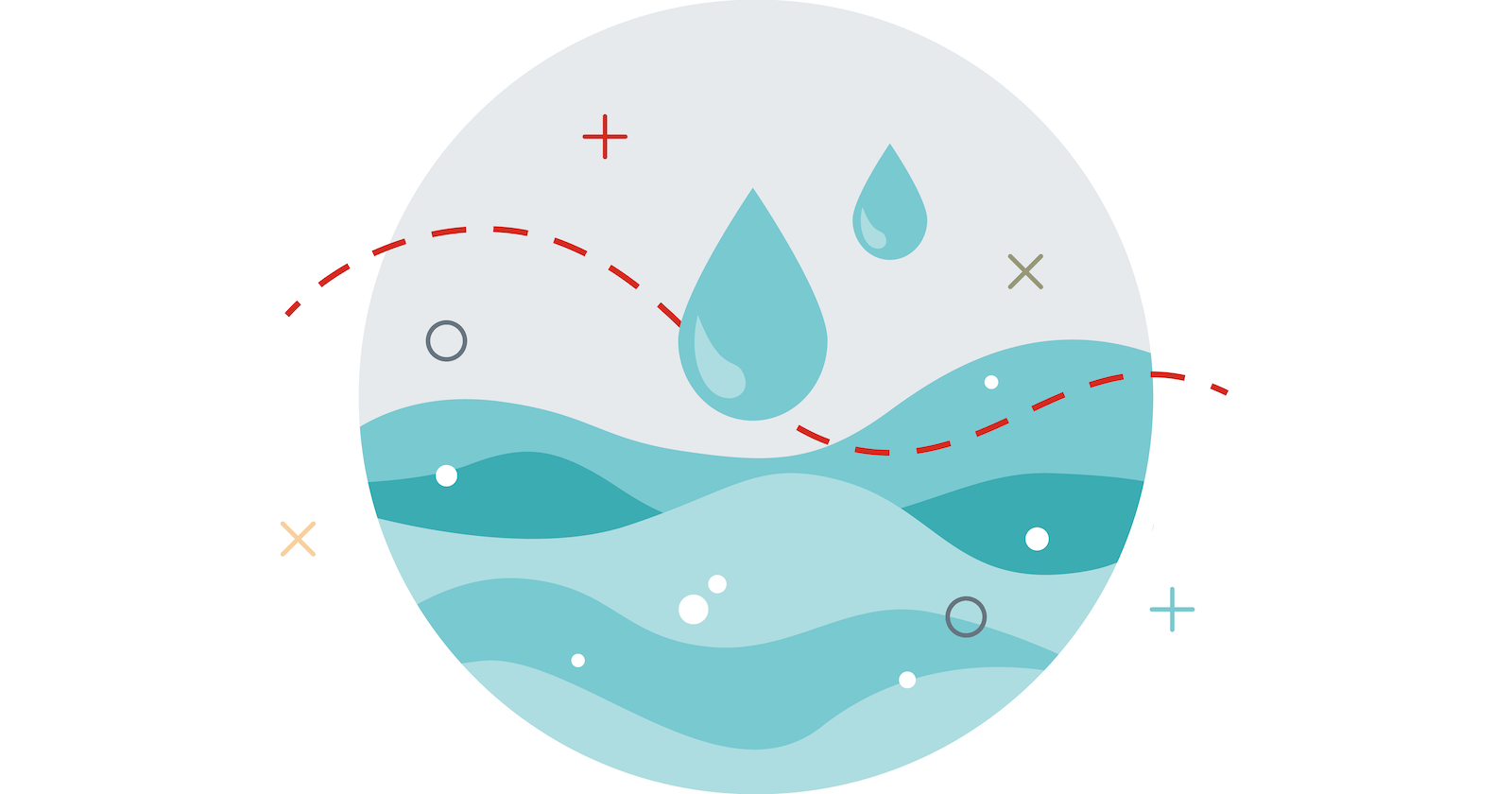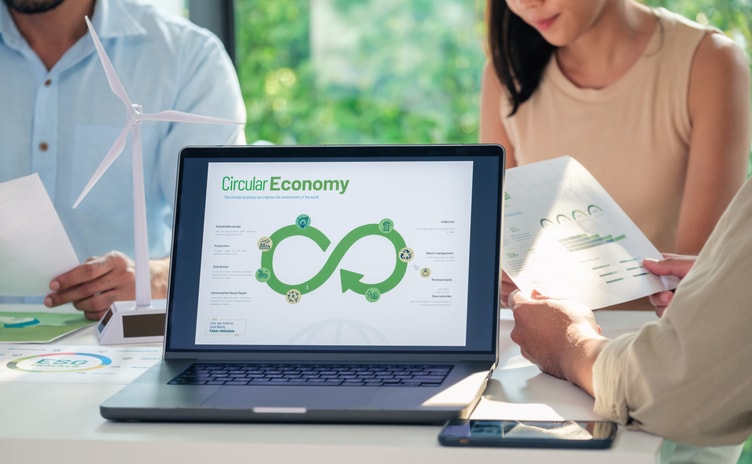Thursday, November 2, 2023
The planet is undergoing a significant environmental and sustainability challenge. There are many nuances that affect this situation, but reading professionals and references in the field can help us to better understand today's challenges.
By Pablo Cerezal
The environment is on political and media agendas, but it is also present in bookstores, and there are many books that we can read to understand the difficult situation our planet is in and how we can prevent it from worsening.
These are eight books that will help you better understand the ecological and energy transition:
¿Sosteni… qué? Sostenibilidad o el reto de transformar la mente humana (Miguel Ortega) – Mandala Ediciones
A title that appeals directly to the awareness that we as citizens will need to develop if we want to achieve sustainability in time. The author, an environmental activist and economist, provides a variety of data to show us the risks we are facing if we do not change our way of thinking and relating to our natural environment. He also proposes alternatives and specific actions that each of us can take to help save the planet.
The Sense of Wonder (Rachel Carson) – Ediciones Encuentro
This small book is just 40 pages long, but it is a classic. The author, a pioneer of modern environmentalism, condensed in this work everything readers need to acquire environmental awareness. And all it takes is to discover the natural environment in all its grandeur and let yourself feel wonder. The simplest discoveries of how nature works are within anyone's reach, and to know them is to automatically come to their defense.
Energy for Future Presidents (Richard A. Muller) – Grano de Sal
In this book, the author, a distinguished professor of physics at the University of California at Berkeley, offers a comprehensive overview of the different types of energy that exist, how efficient they are, and the environmental consequences of choosing one or the other. Muller wrote this book so that future presidents (and any reader, of course) could have all the tools they need to make informed decisions.
How to Avoid a Climate Disaster (Bill Gates) – Plaza & Janes Editores
The software mogul has been involved in philanthropic work for years. After 15 years of learning about the causes and effects of climate change, in this book he proposes a rigorous, practical plan to reduce greenhouse gas emissions to zero.
Energía sostenible sin malos humos (Javier Samanes) - Universidad Pública de Navarra/Nafarroako Unibertsitate Publikoa
In these pages, the author adapts the successful Sustainable Energy – Without the Hot Air by D. MacKay to the case of Spain. His proposal puts an end to all the contradictory statements we read or hear today, and uses real numbers and facts in a way that anyone can understand. The book reviews, technology by technology, all energy production options and shows how much energy each of them can provide.
The Circular Economy: A User’s Guide (Walter R. Stahel) – Independently Published
Its author, an industrial analyst, is one of the architects of the concept of "circular economy." In this book he explains and demonstrates how applying this concept would achieve the necessary reduction in energy consumption to slow down climate change: he presents circularity as the best roadmap to extend the useful life of products, preventing the generation of waste and thus reorienting global energy consumption.
Zero Waste Home: The Ultimate Guide to Simplifying Your Life By Reducing Your Waste (Bea Johnson) – Pol-len Edicions
If we talk about waste, we must also talk about the waste that each and every one of us in society generates on a daily basis. This best seller was the origin of the “zero waste” movement. From her own experience, the author explains how she and her family have managed to live a waste-free life, with eminently practical actions that anyone can apply.
Regenesis: Feeding the World Without Devouring the Planet (George Monbiot) – Capitan Swing
When we think about the ecological transition, we must not forget that our consumerism has made it more necessary than ever, and yet millions of people on our planet still go hungry. The author proposes a new connection with the land, basing his studies on “soil ecology.” He argues that by transforming agriculture we can change our food system and eradicate hunger. He explains how, with an in-depth knowledge of the soil that sustains us, we can grow more food with less agriculture.
¿Te ha parecido interesante?





